Here are some of the best vitamins and supplements to help improve liver health and support liver function.
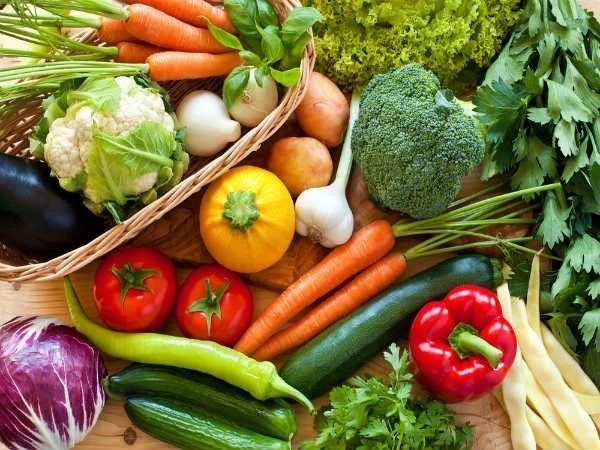 |
| The Power of 6 Vitamins and Supplements for the Liver. |
In modern society, liver problems are relatively common and are often related to lifestyle or genetic factors. Some common liver conditions include non-alcoholic fatty liver disease, liver failure, and hepatitis. Lifestyle factors such as exercise, diet, and appropriate supplements can all help to enhance liver function and keep it functioning properly.
According to Dr. Vu Truong Khanh, a specialist in digestion, hepatobiliary and pancreatic diseases, essential vitamins help the liver perform tasks such as digestion, protein synthesis, hormone production and filtering toxins in the diet and environment. Insufficient supplementation of essential vitamins can affect the health of the liver and disrupt its functions. Certain vitamins and minerals can help the liver improve its health and improve the body's detoxification process.
Eating foods rich in vitamins is beneficial for liver health, helping to prevent certain liver diseases such as fatty liver.
1. Vitamin E is an antioxidant that helps keep the liver healthy.
Vitamin E is one of the important vitamins that many organs in the body, including the liver, need to function properly. Vitamin E is a powerful antioxidant that helps balance antioxidants and free radicals. The role of vitamin E has been confirmed by many medical experts as beneficial for people with liver disease. A 2014 study found that patients who took vitamin E for a period of 96 weeks had reduced inflammation and fat content in the liver as well as reduced liver cell death.
Vitamin E occurs naturally in oils and foods such as wheat germ oil and sunflower seeds, but it is also available in supplement form. Vitamin E supplements may help reduce liver inflammation and reduce fat. However, too much vitamin E can be counterproductive. The vitamin can cause bleeding and thin the blood when taken in doses of 800-1,000 mg per day.
Foods containing vitamin E: salmon, spinach, avocado, mango and almonds...
2. Vitamin K helps treat liver disease
Vitamin K is a fat-soluble vitamin that helps blood clot and is used to reduce the risk of bleeding in the treatment of liver disease. Previously, many people only knew vitamin K as a substance that can prevent bleeding. However, today the effects of vitamin K have been discovered to be very good for patients with liver problems. If patients with liver disease take vitamin K, even in very low doses, it will help the body synthesize more antibodies, thereby promoting the recovery process of liver tissue.
There is currently no evidence that high doses of vitamin K cause liver damage. However, vitamin K is not approved for long-term use and is usually only used when there is a risk of bleeding. The recommended daily allowance of vitamin K is 120mcg for men and 90mcg for women.
Foods containing vitamin K: green leafy vegetables, soybean and canola oils, meat, cheese and eggs.
3. Vitamin D for a healthy liver
Vitamin D helps prevent hepatitis and metabolic disorders that affect liver function. Known as the “sunshine vitamin,” vitamin D helps the body absorb calcium, which is needed to develop strong bones. One complication of chronic liver disease is osteoporosis, a condition that weakens bones, making patients more susceptible to fractures. Not getting enough vitamin D can worsen this complication.
Studies have found that many people struggling with liver disease are also deficient in vitamin D. Vitamin D deficiency is more common than many people realize, affecting about 35% of adults in the United States.
Foods containing vitamin D: tuna, salmon, animal liver, egg yolks, some mushrooms, fortified milk and natural orange juice.
4. Vitamin C prevents fat accumulation in the liver
Vitamin C helps boost the immune system by providing antioxidants to the body. Antioxidants help the body detoxify and neutralize harmful molecules called free radicals. Low levels of antioxidants can cause oxidative stress, which negatively affects liver cells. Vitamin C supports liver health by limiting fat accumulation and preventing the common condition of fatty liver.
Foods containing vitamin C: oranges, guava, kiwi, strawberries, tomatoes, Brussels sprouts and potatoes...
5. Vitamin B is beneficial for liver function
Studies have shown that B vitamins benefit liver function in many ways, including reversing liver inflammation. Several B vitamins, including vitamin B12 and folic acid (B9), have been shown to improve liver health in people with fatty liver disease. When the liver is damaged, vitamin B12 levels decrease. Experts believe that eating enough foods with B vitamins can help reverse many symptoms of early-stage liver disease.
Foods containing vitamin B: chicken, soybeans, green leafy vegetables, bananas and macadamia nuts.
6. Omega-3 fatty acids
Omega-3 fatty acids are a group of good fats that include alpha-linolenic acid (ALA), eicosapentaenoic acid (EPA), and docosahexaenoic acid (DHA).
Omega-3s may help treat non-alcoholic fatty liver disease by reducing the overall amount of fat in the liver. They may also help prevent fibrosis and inflammation of the liver. Omega-3s help patients avoid serious liver damage and related long-term complications, such as cancer or cirrhosis.
Foods containing omega-3s: fatty fish, nuts, fortified cereals, soybeans, canola or flaxseed oil.
Source: https://baoquocte.vn/suc-manh-cua-6-loai-vitamin-doi-voi-gan-272721.html



![[Photo] April Festival in Can Tho City](https://vstatic.vietnam.vn/vietnam/resource/IMAGE/2025/4/10/bf5ae82870e648fabfbcc93a25b481ea)
![[Photo] Opening of the 11th Conference of the 13th Party Central Committee](https://vstatic.vietnam.vn/vietnam/resource/IMAGE/2025/4/10/f9e717b67de343d7b687cb419c0829a2)


![[Photo] Unique folk games at Chuong Village Festival](https://vstatic.vietnam.vn/vietnam/resource/IMAGE/2025/4/10/cff805a06fdd443b9474c017f98075a4)
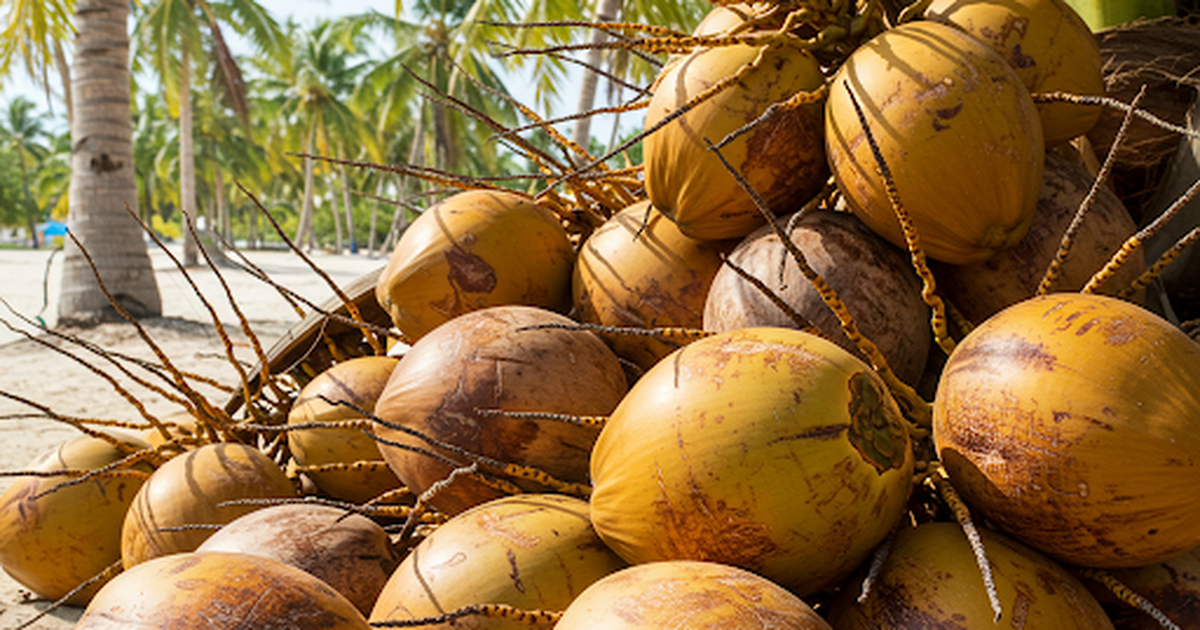

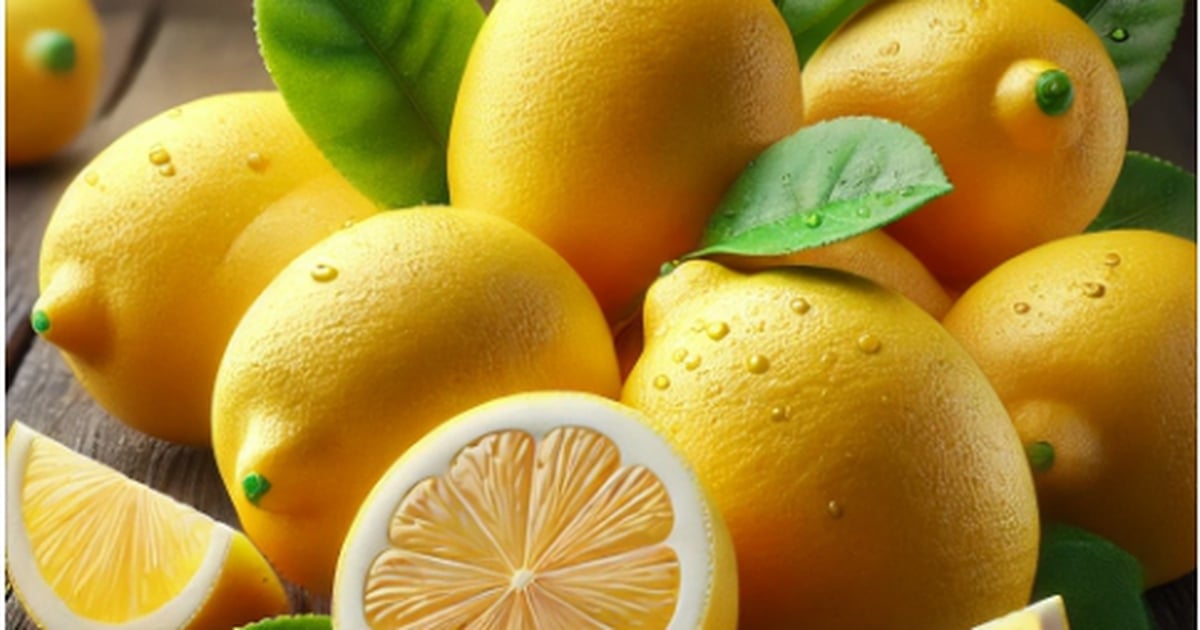
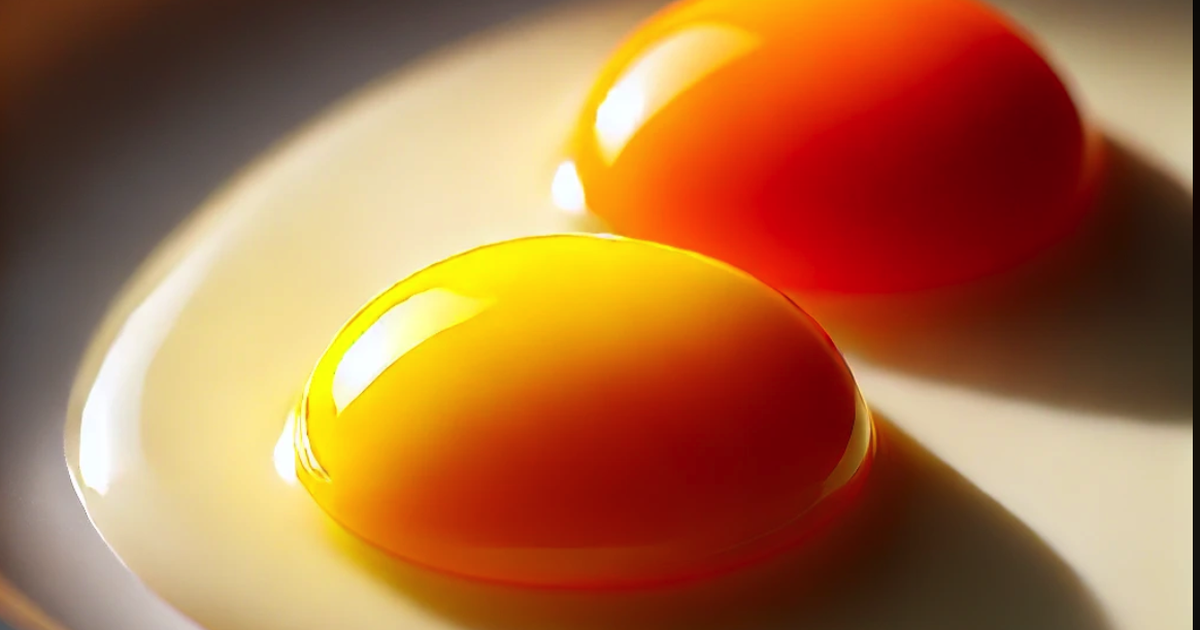

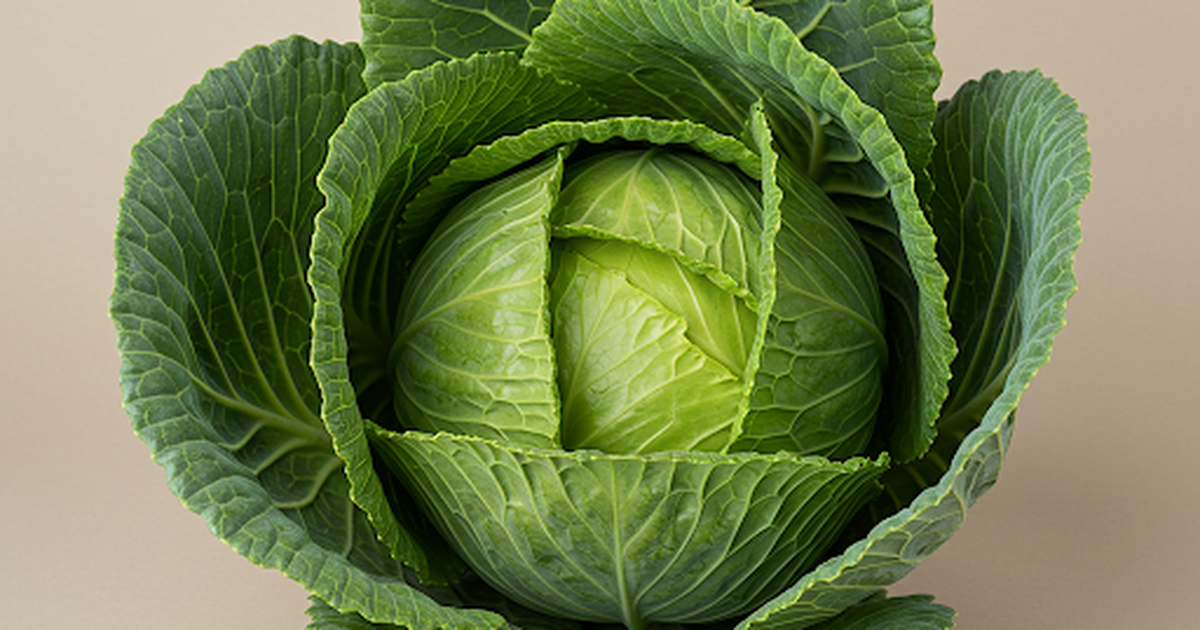
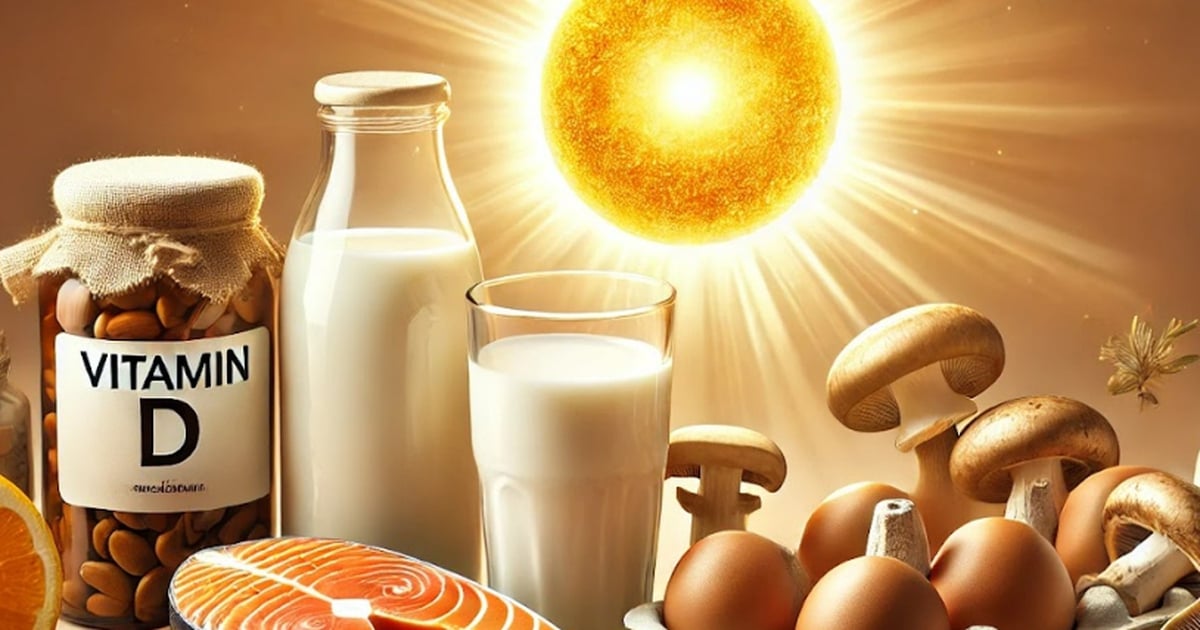
































































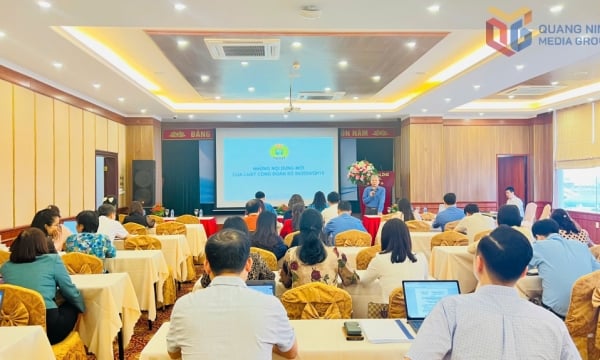



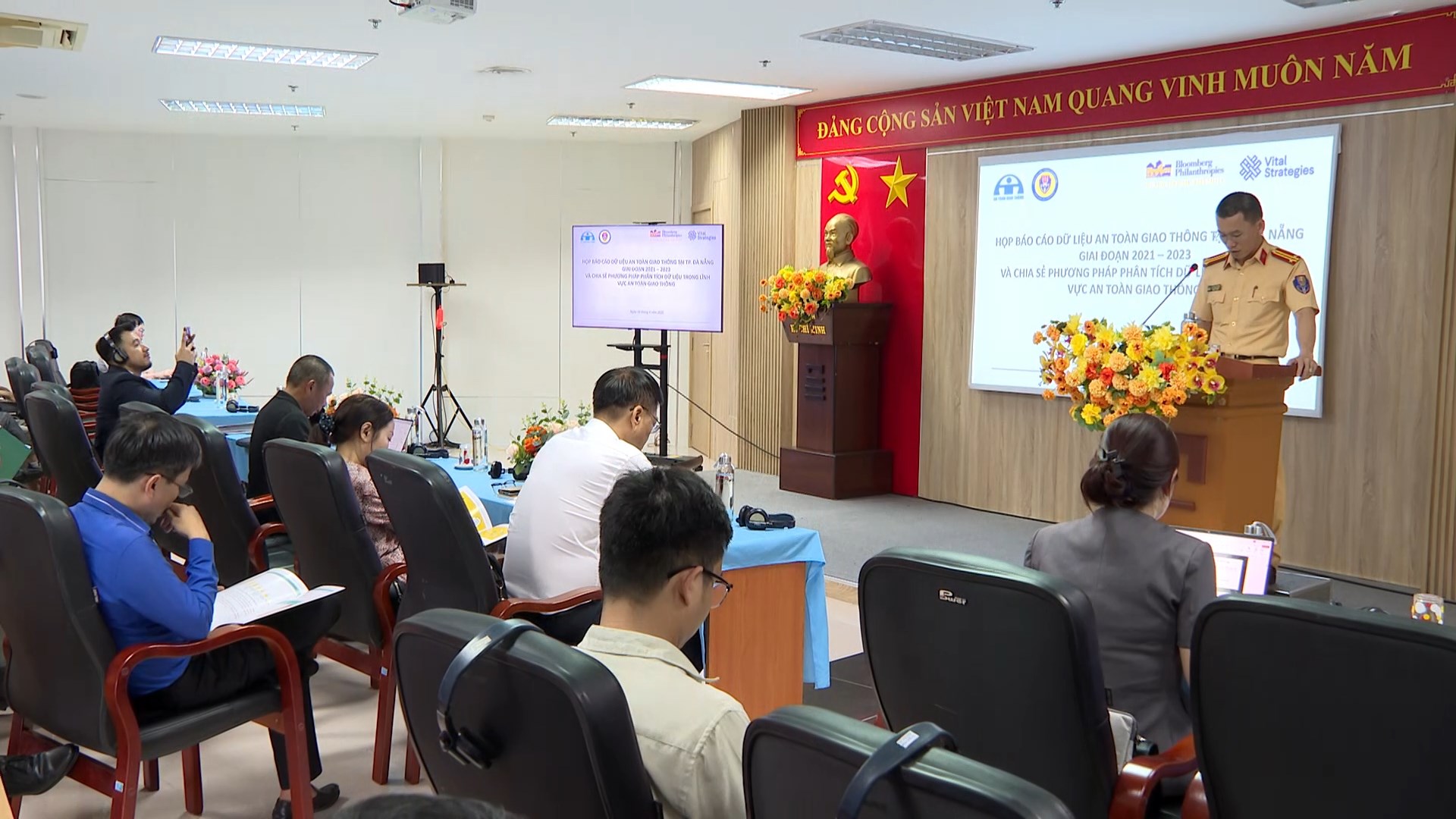
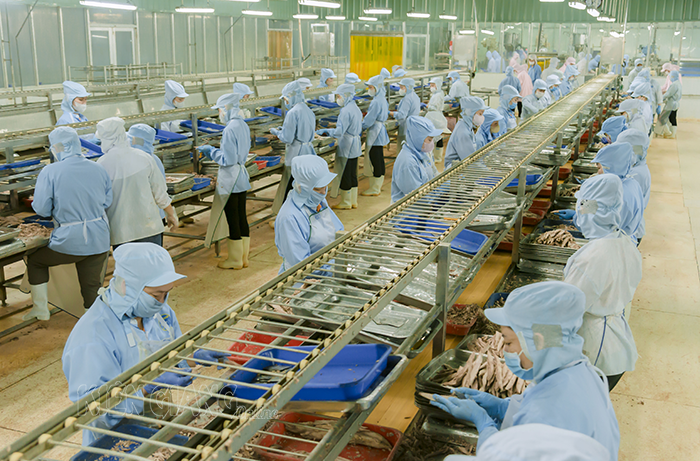









Comment (0)